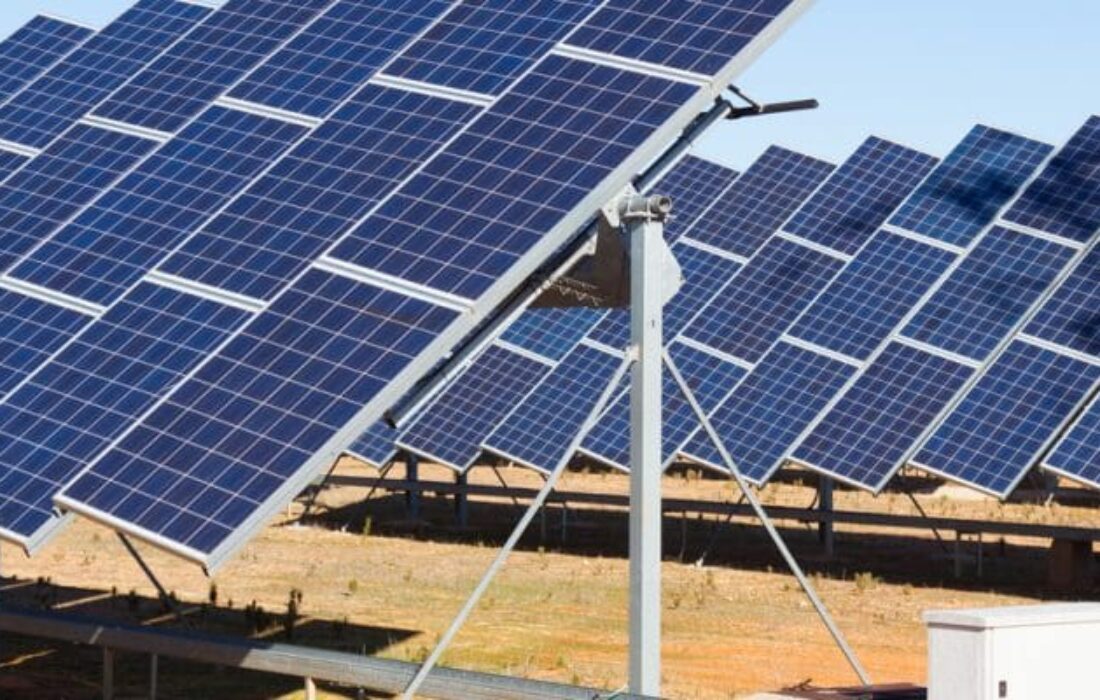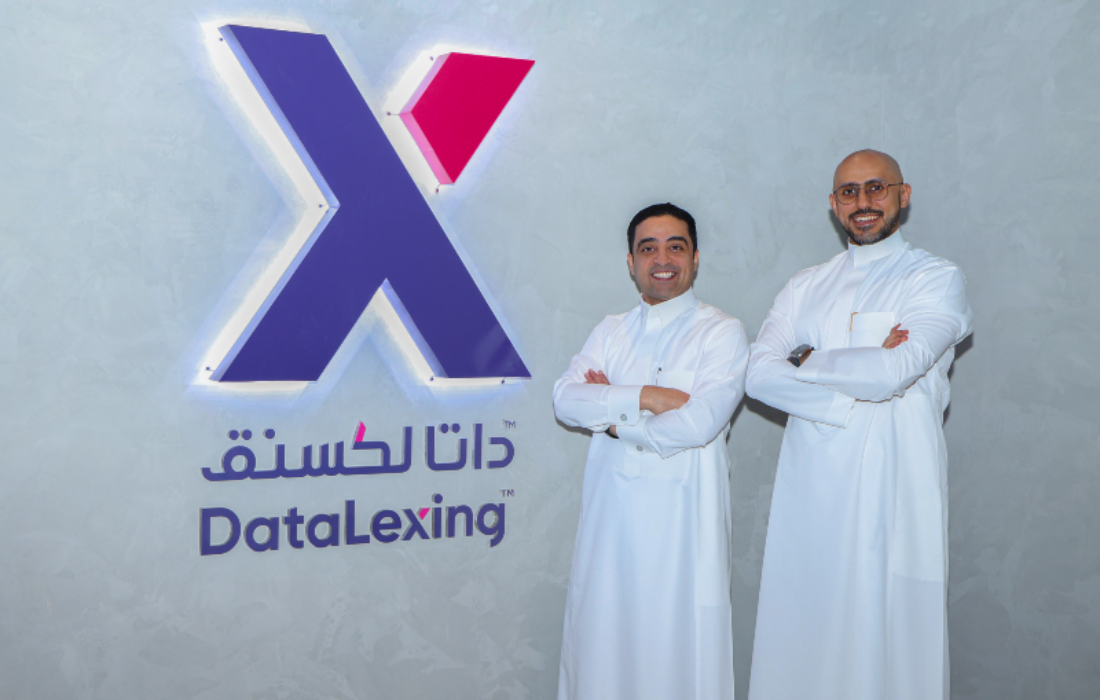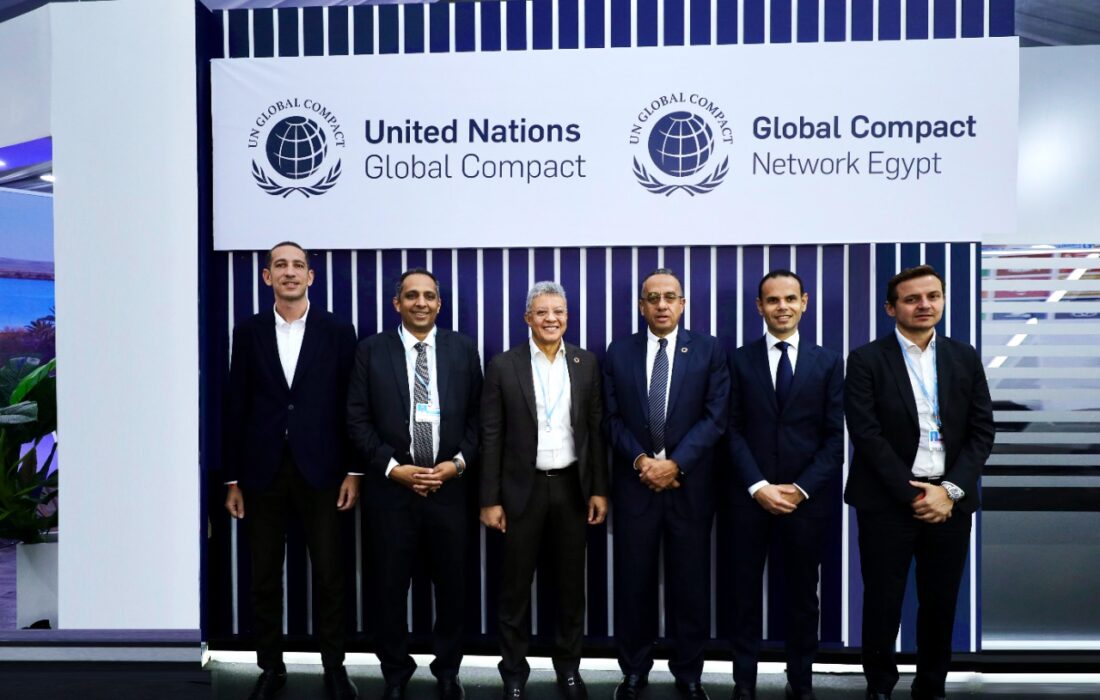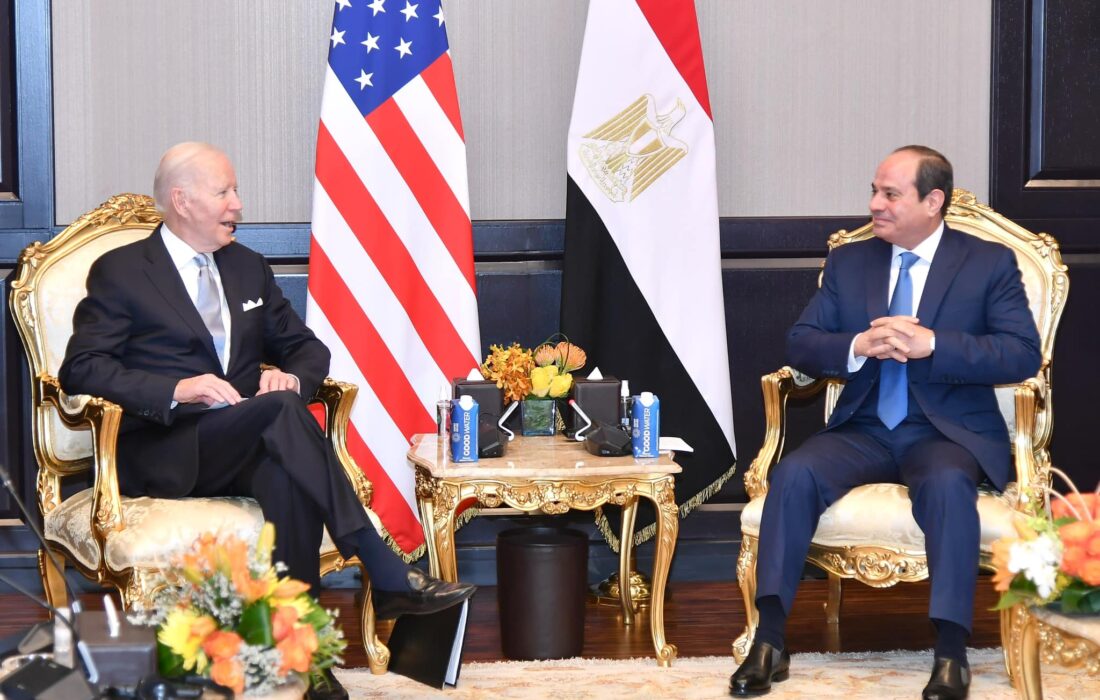- What is EPSON’s current efforts to become more sustainable and fight the climate crisis? Any milestones or achievements you would like to share?
In the sustainability sector, we work in several areas. The first is Epson’s sustainability strategy, we are committed to becoming carbon-negative and underground resource-free by 2050 as outlined in the company’s Environmental Vision 2050 and using 100% renewable electricity across the entire global Epson Group by 2023.
Epson recently renewed its Corporate Vision, Epson 25, putting four key priorities at the center of its strategy. The four things are achieving sustainability in a circular economy, advancing the frontiers of industry, improving quality of life, and fulfilling social responsibility. To achieve these goals, we will drive innovation in six areas: office and home printing, commercial and industrial printing, manufacturing innovation, visual innovation, lifestyle innovation, and microdevices.
We provide solutions that support sustainability and protect vital resources, including PaperLab, an in-office water-free secure paper recycler, WorkForce business inkjet printers that use Epson’s Heat-Free and Micro Piezo Technology to increase productivity, save energy, minimize waste and CO2 emissions, save time and reduce maintenance
Our high-capacity ink tank printers (EcoTank) are a cost-effective and eco-friendly alternative to traditional ink cartridge printers. EcoTanks are equipped with a refillable ink tank and come with up to three years’ worth of ink that can print up to 14,000 pages.
- What is the size of EPSON’s investment in sustainability and in the Egyptian market?
Each day, we invest about 1.14 million euros into research and development, as a reflection of how important innovation is for the company, and we invest more than 770 million euros in sustainable innovation and toward becoming carbon-negative and underground resource free by 2050.
These investments contribute to decarbonization and close resource loops. Externally, these investments will make Epson’s innovations reduce the environmental impact for customers and partners and develop new products that are inherently sustainable. We also have a research and development center in Japan that employs more than 2,000 engineers in the fields of modern technology and environmental technology.
Epson has been delivering solutions in Egypt for more than 15 years and it is a key market within the wider Middle East and Africa, and for us, the COP27 event contributes to the global dialogue on sustainability – this is a priority for Epson and that’s why we are here.
- Why did you participate in COP27 and what do you hope to achieve out of it?
We aim to inspire and empower governments, businesses, and individuals to bring about the transformational change needed to tackle the climate emergency. Working together, Epson believes that we can all create a better world.
COP27 creates a platform for Epson to showcase its focus on innovation and sustainability, developing and delivering technology solutions that enable businesses and consumers to make more environmentally-aware decisions about the printers, projectors, and other solutions they use.
We are committed to promoting decarbonization and closing the resource loop, developing environmental technologies, and delivering products and services that reduce environmental impacts.
- What are some of the challenges that face you as a big company when trying to become more sustainable?
The real challenge is to increase people’s awareness of the effects of climate change, and this will not happen without conscious education and educational curricula that explain to people the concepts and objectives of sustainability. This is why we are cooperating closely with the governments of the Middle East countries, especially Egypt and the UAE, in achieving their ambitious goals in the face of climate change. Epson attaches great importance to this matter, and we are working to provide these communities with Epson’s environmentally friendly technology that consumes less energy and waste.
We have a clear strategy and full commitment to the community, and we collaborate with many technology support organizations In our first wave of donations, we are giving 800 EcoTank printers to schools and children’s hospitals across seven countries in the MEA region including Egypt to help provide educational material to schools and children.
In Egypt, we are partnering with various organizations to allow us to identify the schools in most need of our support.
- What are some facts and figures that you can share with us to show how impactful the climate issue is?
A recent Epson survey shows that 62% percent of MEA organizations want to reduce energy costs, with 58% of respondents looking to invest in sustainable technology. At Epson, we aim to help Middle Eastern organizations make changes that increase their efficiency and cost savings while decreasing their eco-footprint.
Green credentials are a growing priority for the region. With government initiatives such as Abu Dhabi Environment Vision 2030, UAE Net Zero by 2050, Saudi Green Initiative under Vision 2030, Qatar’s National Vision 2030, and Egypt’s Vision 2030s Sustainable Development Strategy, the Middle East region is committed to sustainability to advance economic prosperity.
With COP27 in Egypt, and COP28 to be held in the UAE in 2023, the Middle East and Africa region is working effectively to find a solution for the global challenge of climate change.
If you see something out of place or would like to contribute to this story, check out our Ethics and Policy section.










